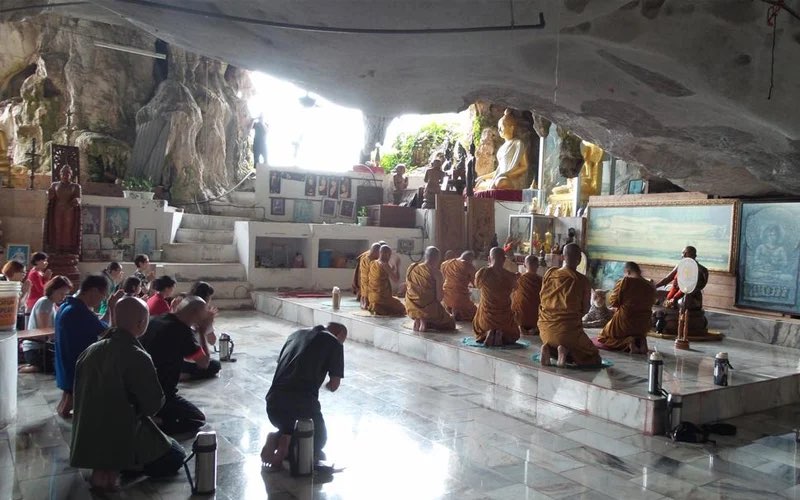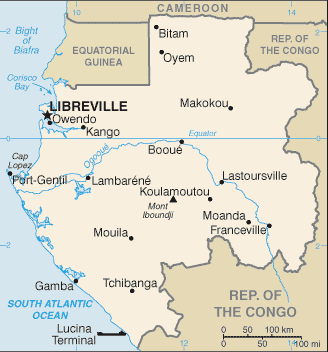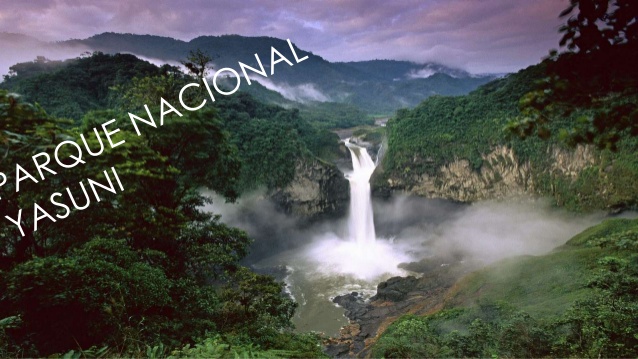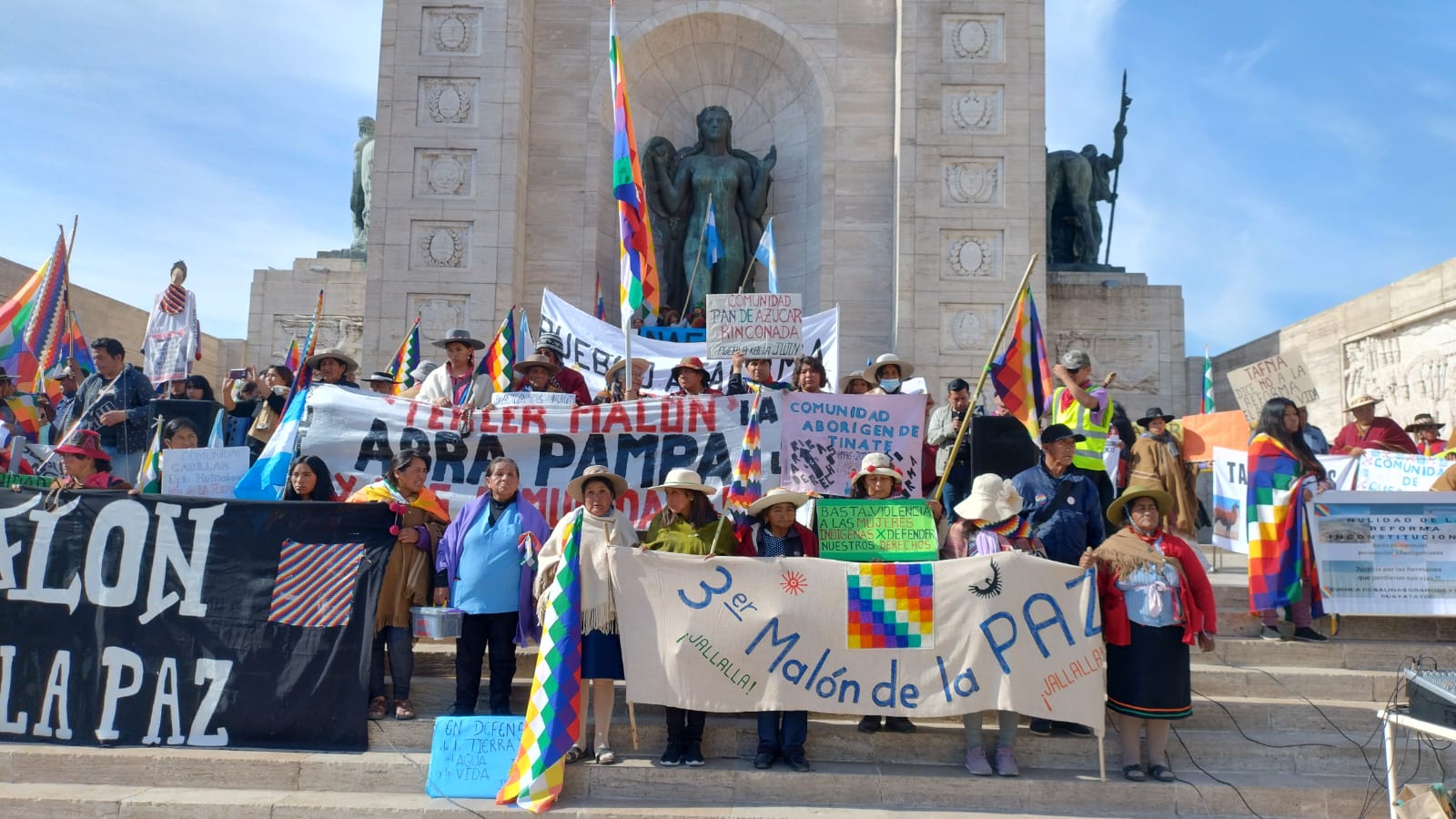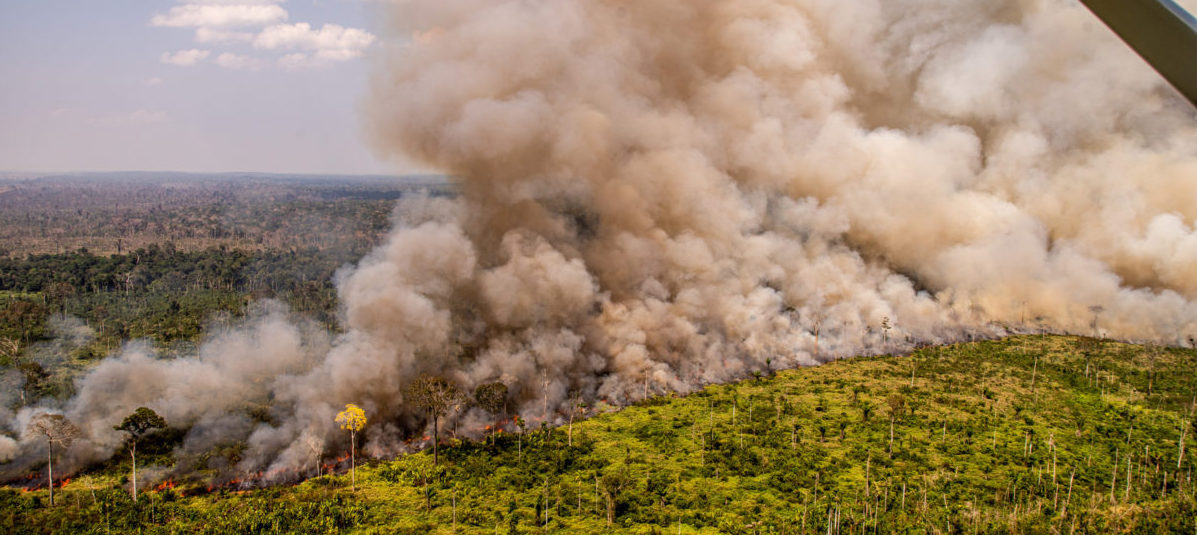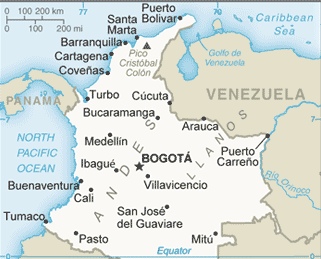
Colombia: most dangerous country for ecologists
Colombia recorded the world’s highest number of killings of environmental defenders in 2022, with 60 individuals murdered, according to a report by activist group Global Witness. The organization, which has been documenting environmental defender deaths since 2012, found that the number of environmental defenders slain in Colombia nearly doubled in 2022, compared to the previous year. These killings have pushed Colombia’s environmental defender death toll to 382 since 2012. (Map: PCL)




